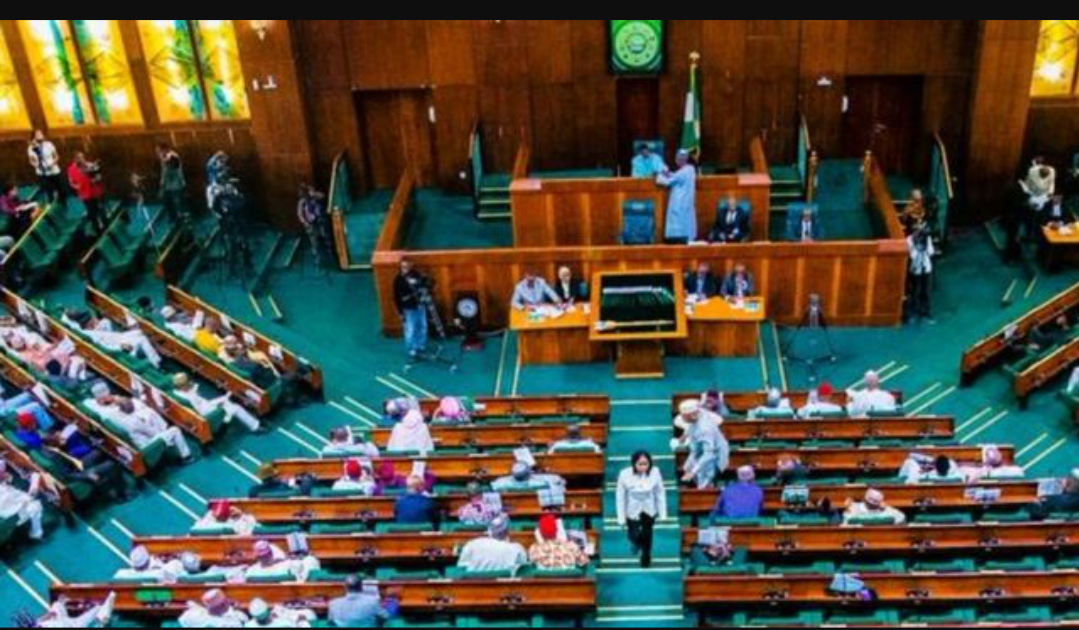Members of the House of Representatives and other stakeholders are expected to convene on Tuesday to make inputs into the bill which seeks to establish Electoral Offence Tribunal Commission in the country.
The proposed consolidated bill, titled: ‘Bill for an Act to establish National Electoral Offences Commission and the Electoral Offences Tribunal to provide for the legal framework for investigation and prosecution of Electoral Offences for the general improvement of the electoral process in Nigeria; and for related matters were jointly sponsored by Chairman, House Committee on Electoral Matters, Hon Aishatu Dukku; Hon Francis Charles Uduyok, Hon Kingsley Chinda and Hon John Dyegh.
Speaking during the debate on the general principles of the bill, Hon Dukku, averred that electoral crimes lead to low quality, corrupt and violent political leadership and helps election riggers and offenders to take control of the government against the democratic will of the electorates.
In the bid to tackle the menace, she underscored the need for decisive deterrent through efficient criminal prosecution as part of measures to curb electoral offences, adding that Independent National Electoral Commission (INEC) does not have the needed human capacity to prosecute electoral offences committed across the 119,973 polling units, 8,809 wards, 360 federal constituencies, 109 senatorial districts and 774 local government areas across the Federation.
Hon. Dukku said: “By these statistics, it is unrealistic to expect INEC to conduct free, fair and credible elections, and simultaneously prosecute offences arising from the same elections. Indeed, INEC itself has admitted that it lacks the wherewithal to cleanse the system. Its failure to prosecute even 1 per cent of the 870,000 alleged electoral offences in 2011 is an affirmation of the necessity of a paradigm shift on how we deal with electoral offences.
“And the inability to prosecute electoral offenders has helped to sustain a reign of systemic election rigging, election violence which deters the participation of especially the women from participating in elections and it also leads to voter registration manipulation, vote buying, disinformation, declaration of false election results, destruction or invalidation of valid ballots, tampering with election systems and voter impersonation.
“This fuel the patriotic call for INEC to be divested of that statutory duty. It is widely agreed that this duty is an undue burden on INEC. It distracts INEC from its core constitutional mandate of conducting a free and fair election.”
In his remarks, the Majority Chief Whip, Hon Tahir Monguno, said the Bill is relevant to the quest for Nigeria to attain a truly democratic status in the comity of nations, especially against the backdrop of the clamour to deliver an election that is transparent, fair and accountable to the yearnings and aspirations of the people of this country.
“And as a legislature that is responsive and responsible for the yearnings and aspirations of the people that gave us the sacred mandate to represent them, it behoves us as per Section 4 of the 1999 Constitution (as amended), that gave us the power to make laws for the peace, order and good governance of the country, to enact the Electoral Act to make it ‘octotonous’, that means to make it (to be) in consonance with the yearnings and aspirations of the people.
“You cannot give what you don’t have. So, against this backdrop, there is the need for us to enact or reform our electoral system through the Electoral Act and give Nigerians a system that is going to throw up leaders that are accountable and responsive to the yearnings and aspirations of the people, and give elections that are truly credible and transparent to the Nigerian public.
“It was against this backdrop that this bill was initiated to capture the yearnings and aspirations of Nigerians,” Hon Monguno noted.
